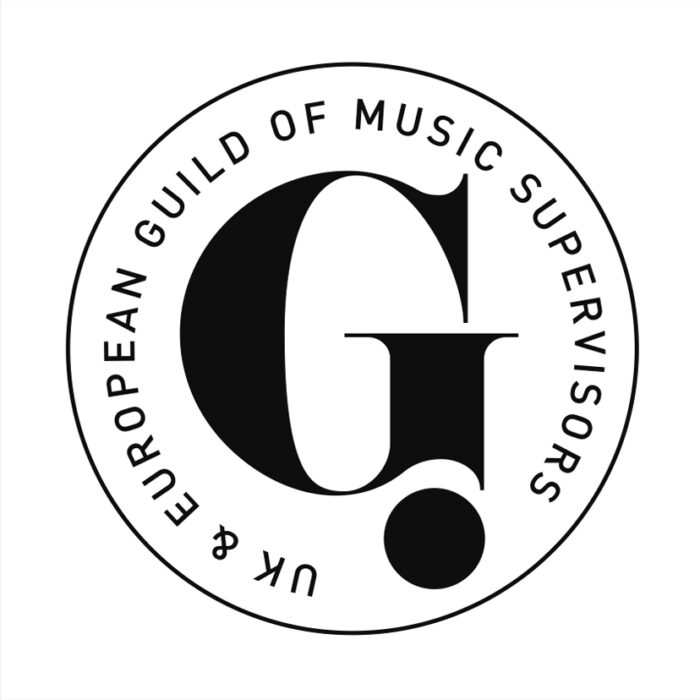By The Diversity & Inclusion Committee
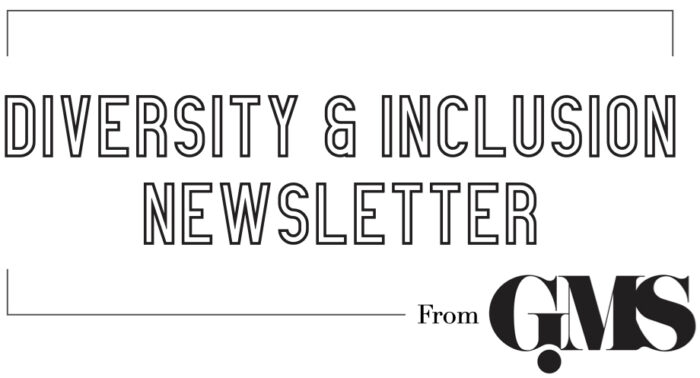
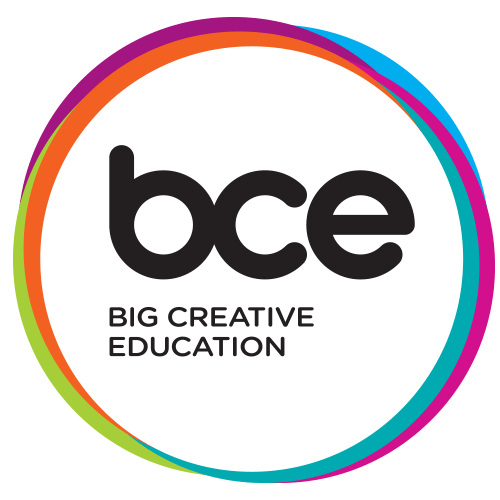
One of the GMS Diversity and Inclusion committee’s aims is to improve opportunities and access to careers in music supervision and sync. We all know that without experience or knowledge of the sector, the music industry can be alienating and routes in, elusive.
Big Creative Education (BCE) are trying to change that, with their mission to; develop talent, transform lives and create careers in the creative industries.
Founded by Alexis Michaelides in 2000, BCE is the largest creative college in East London, providing education and vocational pathways to aspiring creatives of all ages and stages. We spoke to Michael Roberts, Apprenticeship and Traineeship Employer Engagement Manager at BCE, to hear more about how BCE is equipping students through its programmes, and what more can be done to make a difference.
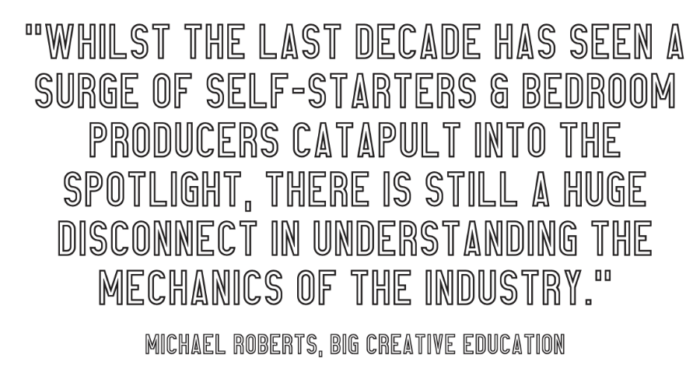
As an overview, the BCE umbrella encompasses a variety of programmes, including; Academy (BCA), college and training campus (BCT), independent school (BCIS) and co-working space (Creative Works). The BCE courses, including Media Film/TV and Music Production among others, are aimed at people 16-17 upwards, with academy students achieving a 97% vocational success rate and many learners progressing on to university or apprenticeships.
Mike quotes some of the statistics we are still seeing in the creative industries: “According to a DCMS report, the creative industries accounted for 5.9% of the UK’s economy in 2019, contributing an estimated £115.9 billion. In 2017, a GLA Creative Industries report highlighted that 95% of London’s Creative Workforce were from advantaged socio-economic backgrounds, with a mere 5% sitting outside this group. As an organisation that champions diversity and inclusion, this is a stat that needs addressing urgently.”
So working with the next generation of the music industry, what does BCE see as some of the biggest barriers to entry?
Mike reflects: “The music industry is incredibly competitive and fast paced, so it takes a certain type of resilience to carve out a successful career. Whilst the last decade has seen a surge of self-starters and bedroom producers catapult into the spotlight, there is still a huge disconnect in understanding the “mechanics” of the industry. A lack of awareness from aspiring creatives on the multitude of roles in the music industry, coupled with the challenges employers face to engage hard-to-reach talent, results in a wave of untapped potential. Historically the music industry trades on ‘who’, as opposed to ‘what’ you know, which often present barriers to entry, not to mention the very delicate
subject of ‘cultural fit’.”
However, they are working hard alongside employers to counter some of these barriers.
“The earlier a company establishes a connection with pipeline talent, the easier it is to identify synergy, mutual aims and objectives. BCE works with employers to develop entry-level roles, mentoring opportunities, trainee and work experience placements and industry panels. Companies with the ability to host workplace tours, masterclasses and/or cultivation events can offer invaluable insights to the industry and its demands. In return, organisations are able to gain an edge over the competition with regards to accessible talent, reach and audience following.”
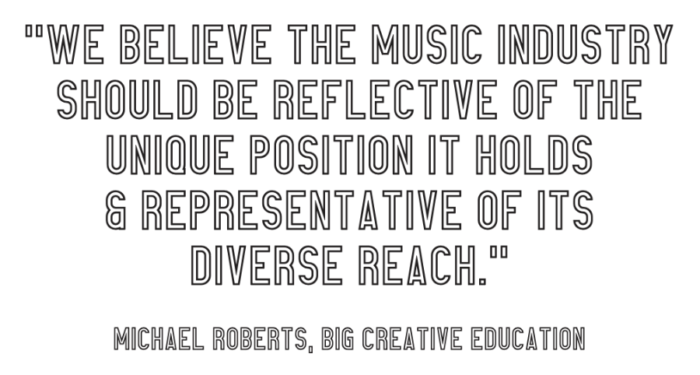
Moreover, Mike highlights that diversifying entry-level routes in to the industry could contribute towards the bigger picture of greater representation.
“Music as an art form meets few barriers with regards to consumption, and is embraced by audiences far and wide from multiple backgrounds. We believe the music industry should be reflective of the unique position it holds and representative of its diverse reach. Equal access must be demonstrable at both ends of the work-force, entry-level and senior leadership. In many cases, accessibility starts with awareness. There are already some innovative programmes that focus on bridging gaps between
demographics and widening participation. The Royal Albert Hall’s Young Producer Scheme is a brilliant example of one approach to this. Through the development of similar schemes by more companies and connecting with talent earlier, the music industry can make great strides in trying to improve equal access.”
Mike comments that “the creative industry has been incredibly adaptive in the face of a global pandemic and promises to remain a valuable asset to our economy. However, there is progress to be made if the industry is to be more reflective.”
Some of BCE’s aims on the road to supporting this progress include:
- New employment opportunities in-line with emerging technologies and ways of working
- Innovative programmes that raise awareness, participation and attainment
- Collaboration between corporates, SME’s, education providers, charities and local authorities
- Grant funding for creative entrepreneurs
- Bespoke creative programmes that tackle social issues
- MORE LIVE EVENTS!
It’s true that the music industry in particular utilises internships for entry-level roles, but BCE are advocating for the benefits of apprenticeships and how they can be successfully implemented for both employer and employee.
“The opportunity to develop solid employability programmes for the music industry is vast, yet it still feels as if we have merely scraped the surface… Whilst our apprenticeship provision is effective with proven success, it is not utilised to the degree it should be. We are striving to be the training provider of choice for creative industry placements and urge more companies to connect, large and small.”
BCE have already supported the likes of ITN and CSM with apprenticeship programmes, helping them access hard to reach talent, which they’d like to roll out even further.
What You Can Do
Outside of apprenticeships, there are several other ways in which organisations and experts can actively support and inspire. For example:
- Bespoke apprenticeship opportunities
- Traineeships and work experience
- Joint ventures, partnerships and events
- Contributing to industry briefs
- Mentoring students
- Delivering a masterclass
- Networking
- Visiting campus
If you or your organisation would be interested in exploring any of these opportunities with BCE, please feel free to reach out:
www.bigcreative.education
michael.roberts@bigcreative.education
0203 873 5800 / 07479 097 949
The UK and European Guild of Music Supervisors
